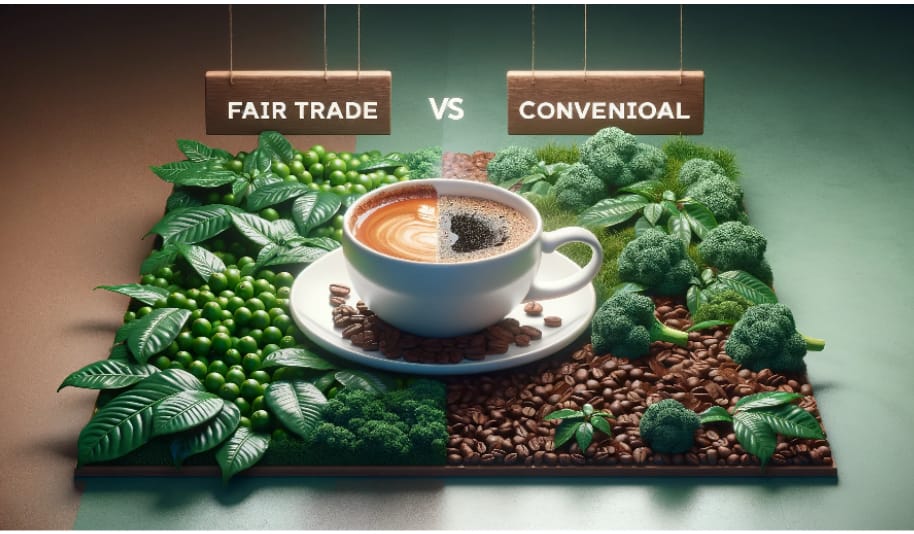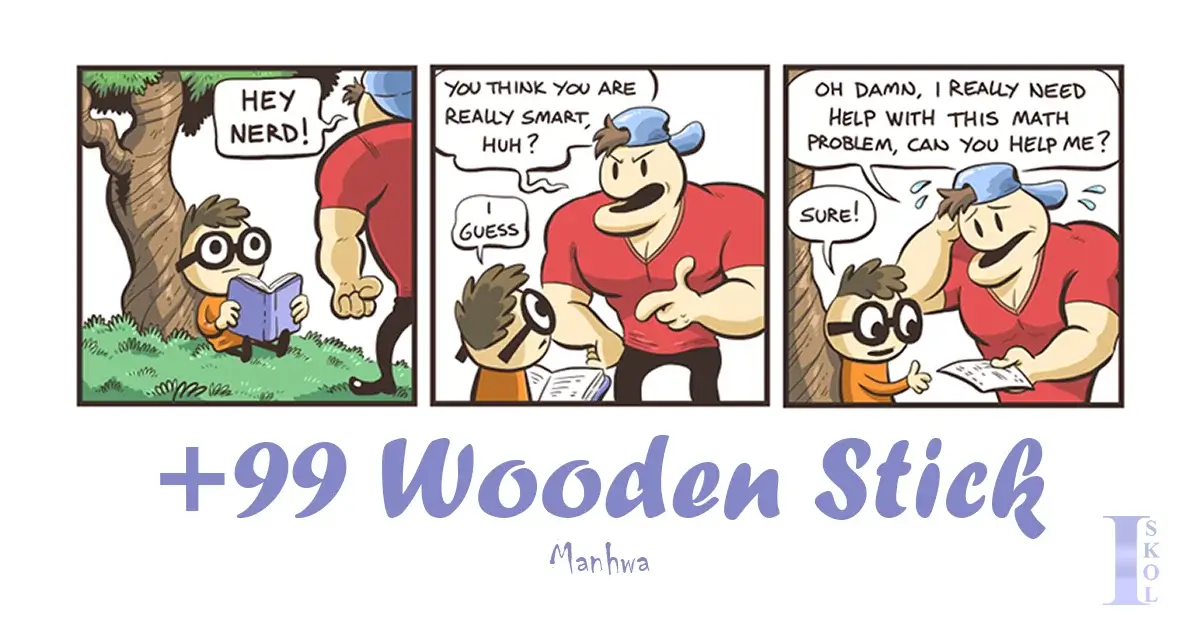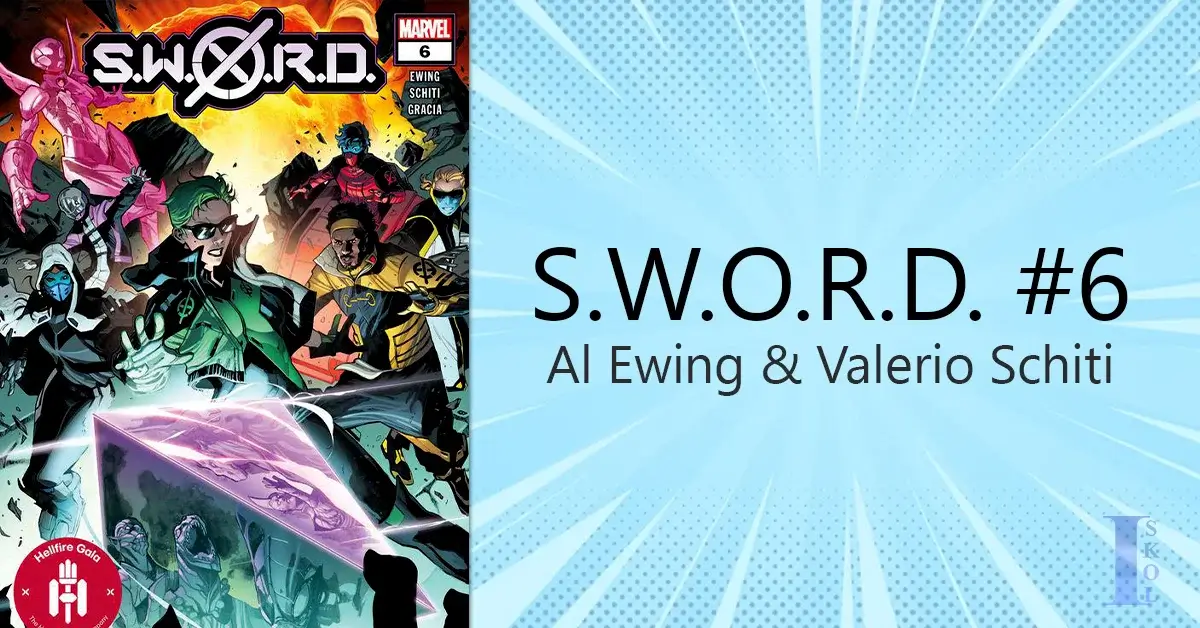Coffee elixir early mornings and busy afternoons is one world’s most beloved beverages. However choices we make when selecting our daily brew can have a significant impact not only on our taste buds but also on lives those who produce it. In this blog we delve into world coffee and compare two prominent options: Fair Trade coffee and Conventional coffee. These two avenues offer vastly different experiences for coffee lovers and have wide-ranging implications for both environment and people involved in coffee production.
So let’s embark on this journey to understand key differences between Fair Trade and Conventional coffee without losing sight coffee subscription trend that is revolutionizing how we enjoy our favorite cup Joe.
1. Ethical Sourcing
Fair Trade coffee is sourced from farmers who are part Fair Trade organizations which ensure that producers receive a fair price for their beans. This approach helps alleviate poverty and improve living conditions coffee farmers in developing countries.
Conventional coffee on other hand follows traditional supply chain practices that may not always prioritize fair wages or environmental sustainability. Farmers in this system may face challenges like price volatility and exploitation.
2. Environmental Impact
Fair Trade Coffee often promotes eco-friendly farming practices including organic cultivation methods and sustainable land management. Not only does this contribute to well-being environment but it also yields coffee with improved health attributes and enhanced flavor.
Conventional coffee production may involve use pesticides and synthetic fertilizers which can harm environment and lead to soil degradation. These practices can also contribute to deforestation in some regions.
3. Quality and Taste
Fair Trade coffee is known for its premium quality and unique flavors as it is often grown by small-scale farmers who take great care in cultivating their beans. This results in a richer more diverse taste profile that appeals to coffee connoisseurs.
While Conventional coffee can offer consistency in flavor it may lack depth and diversity found in Fair Trade varieties. focus on high yields in conventional farming can sometimes compromise taste and aroma coffee.
4. Economic Impact
Choosing Fair Trade coffee supports local communities by ensuring that a significant portion proceeds goes back to farmers. This empowers them to invest in their farms education and healthcare ultimately breaking cycle poverty.
In conventional coffee production a larger portion profit may end up with middlemen leaving farmers with portion limited resources for growth and development.
Conclusion
In world coffee choosing between Fair Trade and Conventional coffee is a decision that transcends simple act sipping your morning brew. It’s a choice that can impact lives coffee farmers environment that and your taste buds. While both options have their merits Fair Trade coffee stands out as a socially responsible and environmentally conscious choice. And with coffee subscription trend on rise you can conveniently savor rich flavors Fair Trade coffee beans while supporting a fairer and more sustainable coffee industry. So let your next coffee adventure be a flavorful and ethical one with Fair Trade coffee and a coffee subscription service that suits your palate and values. Read more.










